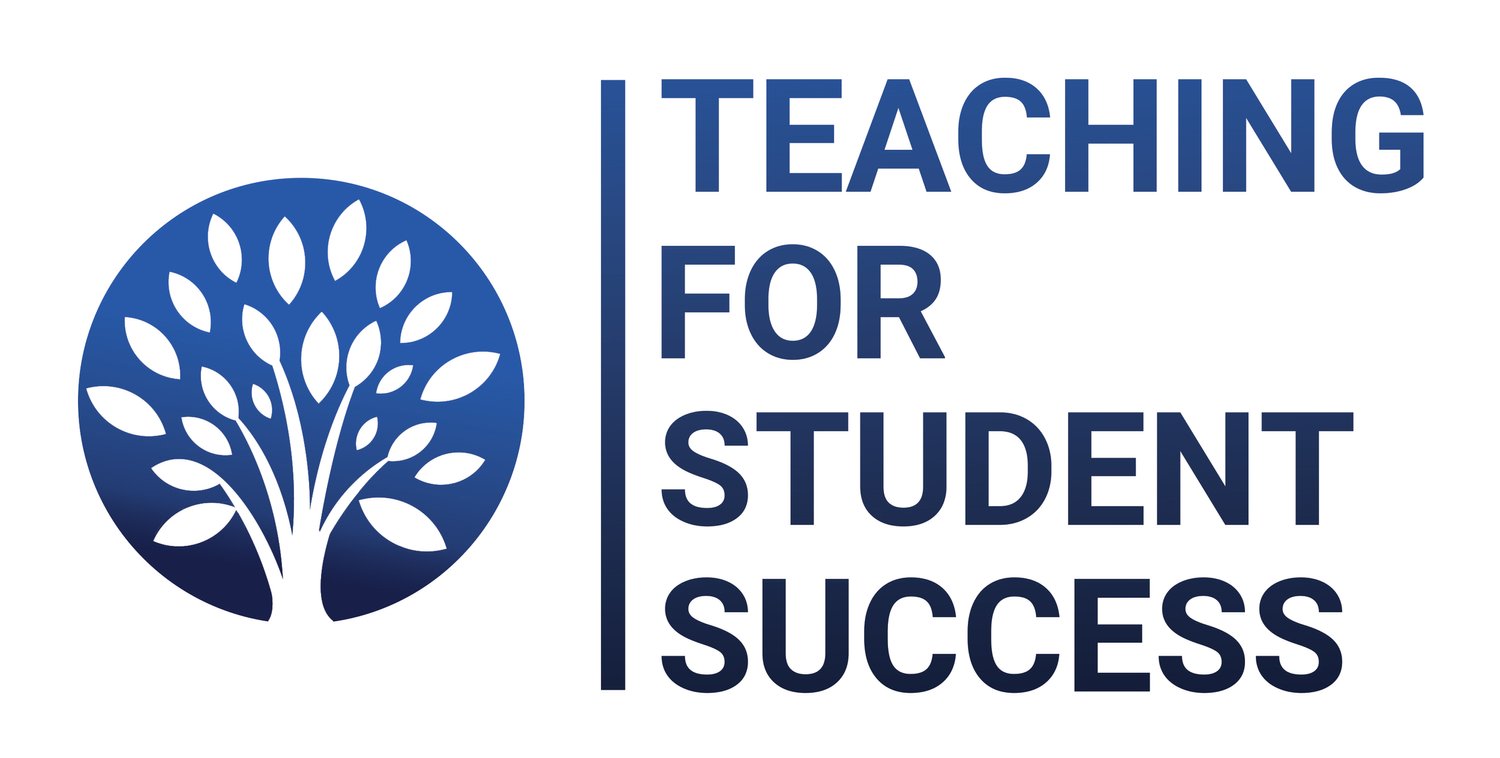Episode 25: Learning vs. Feelings of Learning: Paradox Tested with Louis Deslauriers
Summary
OLD NEWS: A 2014 meta-analysis by Scott Freeman and colleagues of 225 peer-reviewed studies concluded that students taught in an active learning environment significantly outperform peers taught using more traditional formats.
CURRENT STATUS: Most colleges and universities are still a long way from full adoption of these practices. The reasons are complex. Resistance comes from institutions and often from faculty, but also from students. We have trained our students to think that traditional lecturing is THE way to learn, in spite of mountains of evidence to the contrary.
In this episode, we discuss an elegant, controlled classroom study by Louis Deslauriers and colleagues that again tests the value of active learning, but importantly then pays attention to the student perspective and provides suggestions about getting students on board the active-learning band-wagon. This is a beautiful and important study. Enjoy!
Reference
Deslauriers L , McCarty LS, Miller K, Callaghan K, and Kestin G (2019). Measuring actual learning versus feeling of learning in response to being actively engaged in the classroom. PNAS vol 116 no.39 19251-19257. https://doi.org/10.1073/pnas.1821936116
Recommended Resources
C. Wieman, Applying New Research to Improve Science Education, Issues Sci. Technol. 29, 25 (2012). https://www.jstor.org/stable/43315691
K. A. Ericsson, R. Krampe, and C. Tesch-Romer, The Role of Deliberate Practice in the Acquisition of Expert Performance, Psychol. Rev. 100, 363 (1993). https://doi.org/10.1037/0033-295X.100.3.363
W. B. Wood and K. D. Tanner, The Role of the Lecturer as Tutor: Doing What Effective Tutors Do in a Large Lecture Class, CBE Life Sci. Educ. 11, 3 (2012). https://www.ncbi.nlm.nih.gov/pmc/articles/PMC3292071/
M. Stains, et al., Anatomy of STEM teaching in North American universities. Science 359, 1468–1470 (2018). https://www.science.org/doi/10.1126/science.aap8892
Bjork, E. L., & Bjork, R. A. (2014). Making things hard on yourself, but in a good way: Creating desirable difficulties to enhance learning. In M. A. Gernsbacher and J. Pomerantz (Eds.), Psychology and the real world: Essays illustrating fundamental contributions to society (2nd edition). (pp. 59-68). New York: Worth. https://www.amazon.com/Psychology-Real-World-FABBS-Foundation/dp/1429230436

